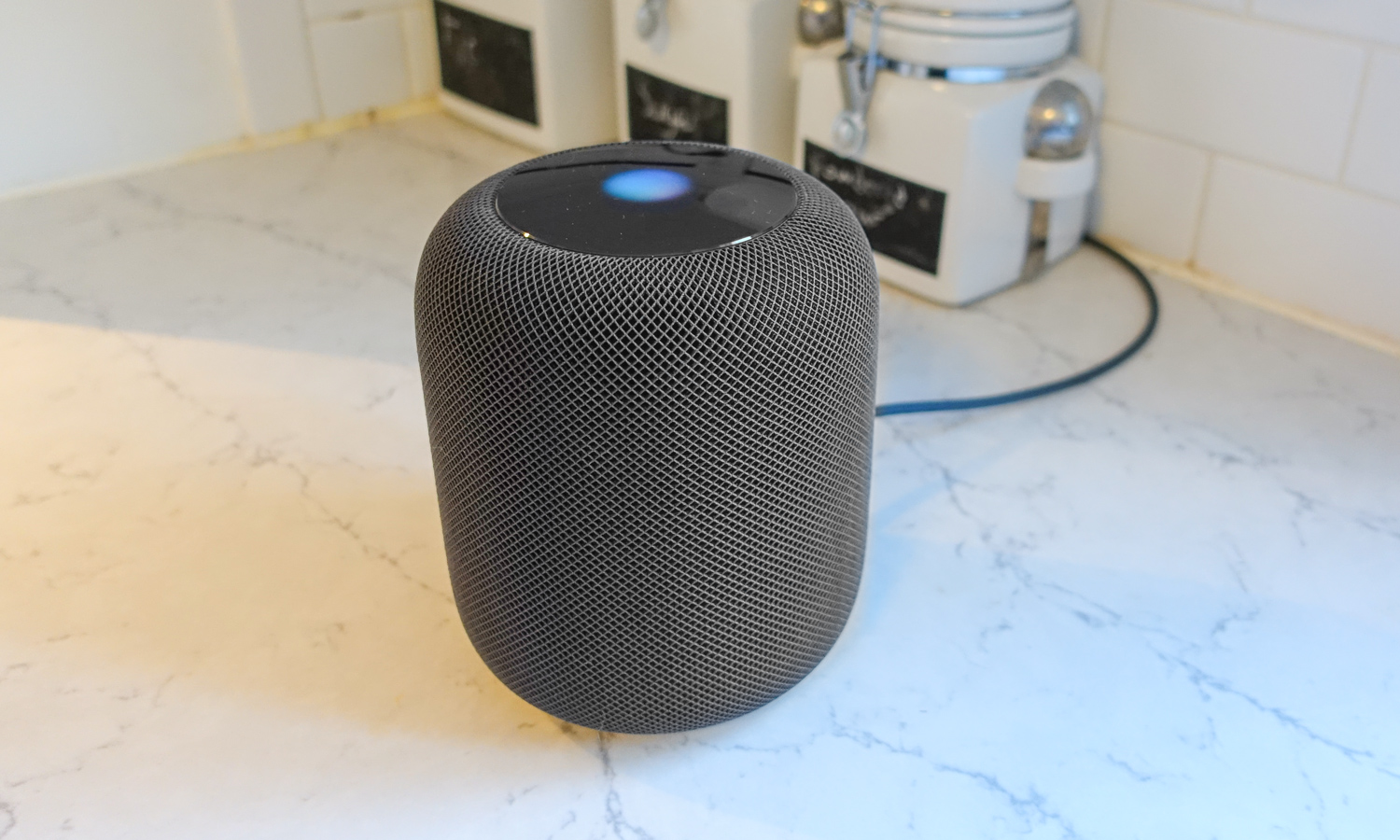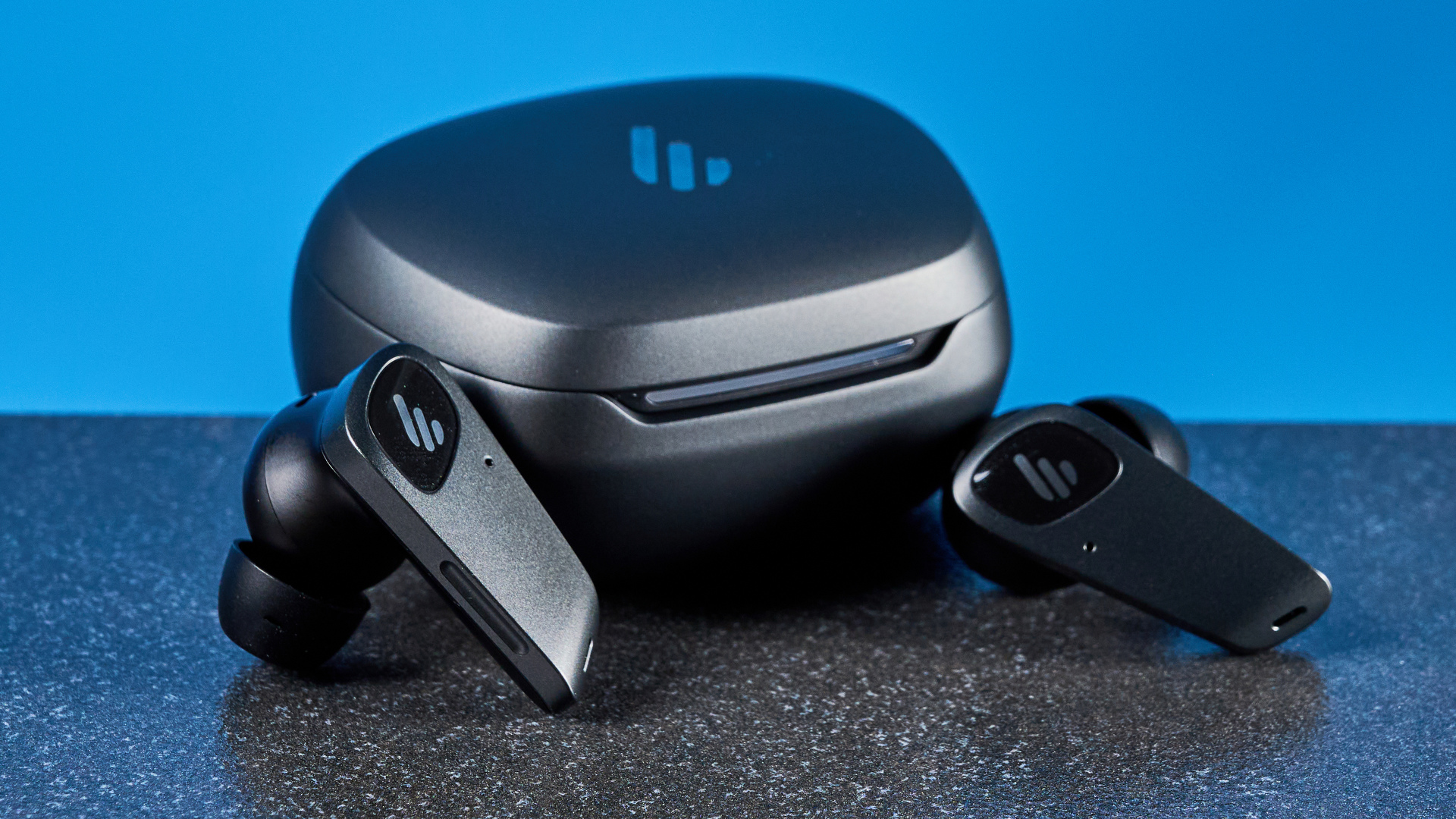It Looks Like Apple's HomePod Is In Trouble
Apple has reportedly cut HomePod orders following lower-than-expected demand.
After an okay start, Apple's HomePod isn't winning over enough shoppers. That's the main takeaway from a new report about the company's smart speaker.

According to Bloomberg , which cited sources, Apple has cut its sales forecasts and reduced the number of orders it's requested from its manufacturing partner due to lower-than-expected demand.
Bloomberg's sources also confirmed that during its first 10 weeks on store shelves, Apple was able to capture 10 percent of smart speaker sales. While that wasn't great and put it behind Amazon's Echo and Google Home, things have been getting worse. Three weeks after the HomePod launched, it nabbed only 4 percent of sales. That suggests it had a large share in the first three weeks and very little in the ensuing weeks.
MORE: Sonos One Beats HomePod, Google Home Max and Amazon Echo
Meanwhile, Amazon's Echo earned 73 percent market share during the same 10-week period, according to data Bloomberg obtained from Slice Intelligence.
Apple's HomePod hit store shelves earlier this year. In our HomePod review, we praised the overall sound quality of the speaker and its attractive design, but lamented the limitations around Siri and the fact that it works directly only with Apple Music. The $349 price could also be turning some prospective shoppers off.
It probably doesn't help that the HomePod was found to damage furniture, leaving an unsightly ring. However, competing smart speakers, such as the Sonos One caused the same type of issue.
Sign up to get the BEST of Tom's Guide direct to your inbox.
Get instant access to breaking news, the hottest reviews, great deals and helpful tips.
To be fair, Apple pitched the device not necessarily as a competitor to Amazon's Echo, but rather as a high-end speaker that also delivered Siri integration. The move at the time was viewed by many industry watchers as an attempt to downplay Siri, which many believe is still behind Alexa.
According to Bloomberg's sources, Apple has long viewed HomePod as a speaker first and internally viewed the device as an accessory that would work with other Apple products rather than a standalone product. Whether that approach has affected sales is unknown.
Looking ahead, Apple might face considerable difficulty trying to make headway in its fight against Amazon and Google. Loup Ventures analyst Gene Munster told Bloomberg that he expects Apple to sell 7 million HomePods in 2018 and 11 million next year. Amazon, however, is on pace to sell 29 million Echos this year and 39 million in 2019, he told Bloomberg. Google could sell 18 million Google Homes in 2018 and 32 million next year.
For its part, Apple hasn't divulged sales or sales forecasts. But if the company were to address HomePod, it likely would do it next month when it announces its next earnings report.
Don Reisinger is CEO and founder of D2 Tech Agency. A communications strategist, consultant, and copywriter, Don has also written for many leading technology and business publications including CNET, Fortune Magazine, The New York Times, Forbes, Computerworld, Digital Trends, TechCrunch and Slashgear. He has also written for Tom's Guide for many years, contributing hundreds of articles on everything from phones to games to streaming and smart home.
-
Brad_53 I'm not sure why they thought a $350 speaker would sell well when 19/20 (or more) of folks are just fine with the sound quality of a much cheaper Echo. The Echo also does more.Reply -
avshmu Forgot the long overdue multi-room support promised that is still missing.Reply
And that's not the only flop... iPhone X sales are disappointing as well.
Well... -
mattias.svensson.exists Too expensive. I have a google home mini and its good enough for most situations. Also it has an assistant that actually understands my voice.Reply -
ninjawolff.of.ninjaclan In agreeance with brad_53, most other smart speakers would work just as well and for much less money, it's possible that Apple believed that they could get through this with customer loyalty, using the name to sell instead of the features. I know for a fact at least some people bought it for that reason, but whether the Apple name makes it a better speaker isn't really something to debate on.Reply -
jeffc73oc This is a good example of them trying to be the dominant source out there trying to make everyone go Apple only. They make great products. I have 2 ipads an imac and my wife uses an iphone where I have an android, but make it compatible for everyone like google and amazon. My wife will use apple music if she is at home listening to music, but i might like Pandora or Spotify and I can't use it? they need to be more open and realize that iOS/macOS isn't the only available option out there. Look how much more sales on itunes they had when they opened it to windows PC. If they brought that to Android despite being direct competitor I would be the first one to d/l the app. even if I had to pay for it. Especially if it allowed me to transfer my music to my android so I can listen too.Reply
